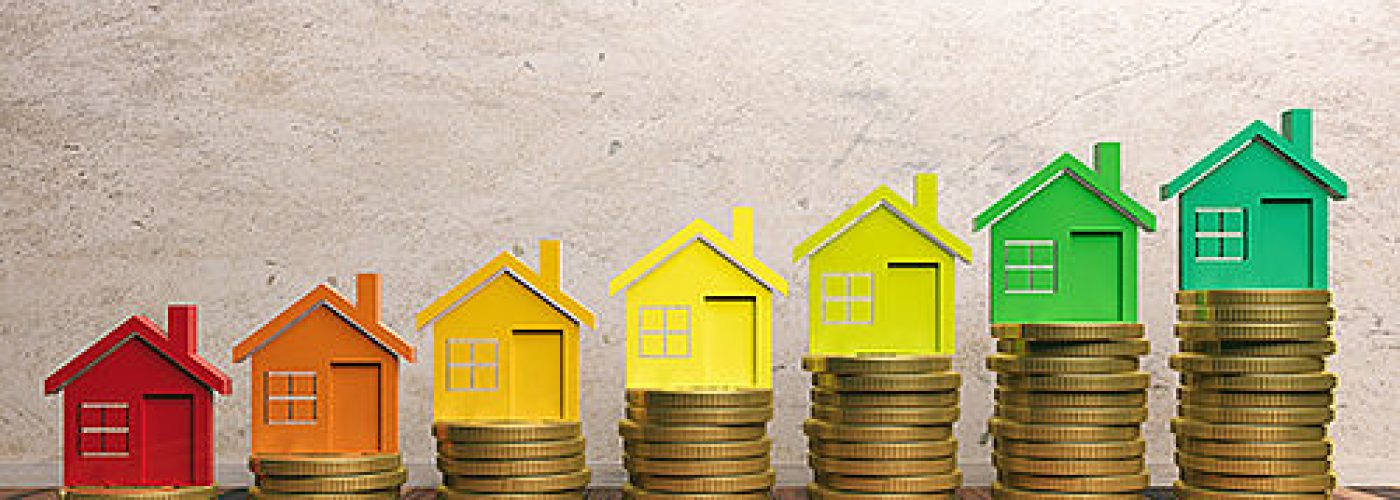New polling, published today, shows the scale of the challenge faced by the homebuilding sector as it holds a summit to plot a route map to net zero carbon housing and other environmental objectives. The summit, with delegates including Government officials, house builders, energy suppliers, material and appliance manufacturers and environmental groups will discuss the scale of the challenge and start to plot a road map for delivery.
Today’s results, based on polling by Public First, show that 20% of people put environmental concerns in their top three biggest issues facing the country (higher than terrorism, access to quality education, taxation or public transport). However, over half (54%) of the people polled were not aware of the energy efficiency rating of their current home when they moved in demonstrating the need for further consumer education.
Consumers put saving money over environmental concerns when assessing why they went for an environmentally friendly home; with the most popular adaptations being triple glazing and water saving devices. However, 20% of people said they had not lived in a home with any environmental adaptations and only 8% said they had lived in a home, or knew someone who had lived in a home, with a heat pump. 80% of people polled are living in a home with a gas boiler, underlining the scale of the task posed by the requirement to heat new homes without gas boilers from 2025. Whilst the industry faces a whole host of challenges to meet the Government’s commitment to net zero, taking consumers – future home buyers – on the journey will be absolutely key.
The research also found almost a third of people (29%) think mortgage providers should factor in energy bills when assessing a mortgage application – more than those thinking the number of children should be considered!
More generally, whilst over two thirds of people are positive about the Government’s net zero emissions target for the country, only 12% think they should focus on cutting emissions form homes, compared to 42% for factories, 23% public transport and 25% on cars.
Consumer engagement is just one of the issues being considered today in London by a broad range of stakeholders looking at how the sector could deliver the Government’s challenging net zero emissions target from 2050 as well as other environmental objectives. Whilst the industry has made significant progress over recent years, the milestones for delivery are looming large including;
- 2020 changes to Part L of the Building Regulations, (the current options include a 31% reduction in emissions from new homes)
- 2025 introduction of Future Homes Standard (including the effective ‘ban’ on gas boilers in new homes)
- 2050 target for net zero emissions from homes.
As well as implementing a step change in how new homes and hot water are heated, delegates will also consider the vast range of other challenges that come under the environmental banner, including;
- Delivering further thermal efficiency improvements to new houses
- Providing a robust electricity network that can cope with increased demand from heating systems, plus other new sources such as car charging points
- Developing a range of new environmentally friendly technologies, supply chains and the skills to manufacture, install and maintain them whilst keeping a mindful eye on the end user and the need to provide customers with usable and practical solutions.
- Creating developments that deliver increased biodiversity once complete
Speaking today, Stewart Baseley, executive chairman of the Home Builders Federation said; “The scale and scope of the environmental challenge we face is daunting, but it is one we are committed to tackling. Today was the start of a long journey that only underlined the broad range of stakeholders and issues involved. We have all committed to work together to develop a route map for how we deliver net zero homes and the range of other linked requirements.
“Consumers will be key. Ultimately builders need to sell their wares and we need to ensure the homes and technologies are acceptable and deliver for the homeowner and the environment.”
The polling also showed that;
37% of people said they would be willing to pay more for a ‘zero carbon’ new home; versus 36% who wouldn’t.
Of those who say they would consider energy efficiency when moving home, 56% said it would be more for low ongoing bills compared to 39% who want to help the environment.
Interestingly, when asked which outgoings should be considered by a lender when assessing a homebuyer’s mortgage application, almost 30% listed energy bills. Only current debts (51%) and council tax (34%) were higher. HBF is currently talking to lenders about a ‘green mortgage’.
Of those polled 67% think new builds are more energy efficient.
When those who were considering buying a new build were asked what factors might influence their views on deciding between two different home builders, ‘the respective companies’ environmental credentials was the third most popular answer only behind ‘reputation for quality work’ and ‘how attractive their home are’





